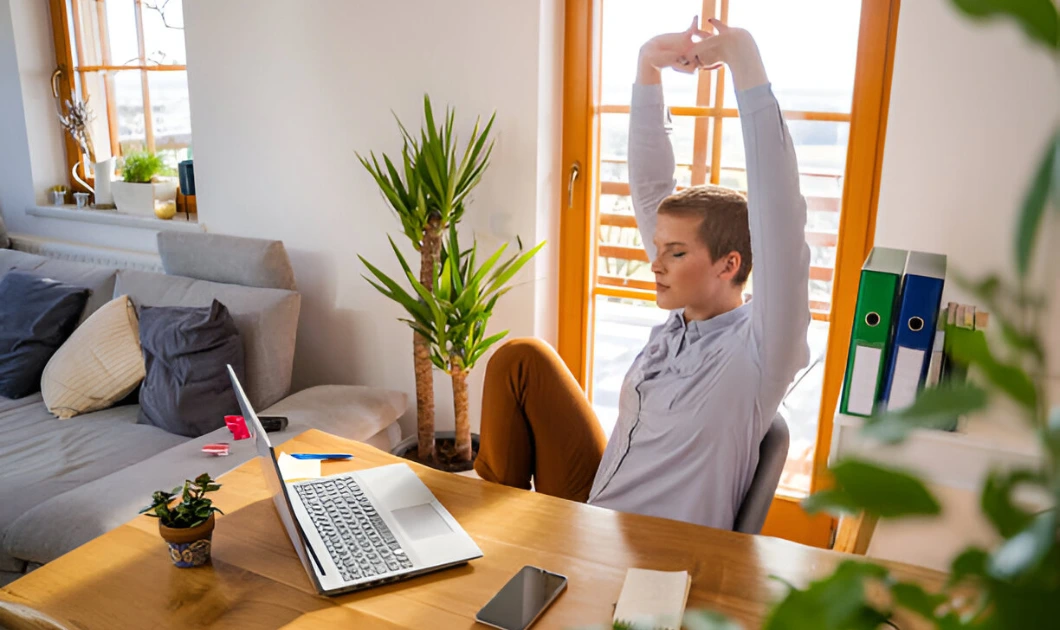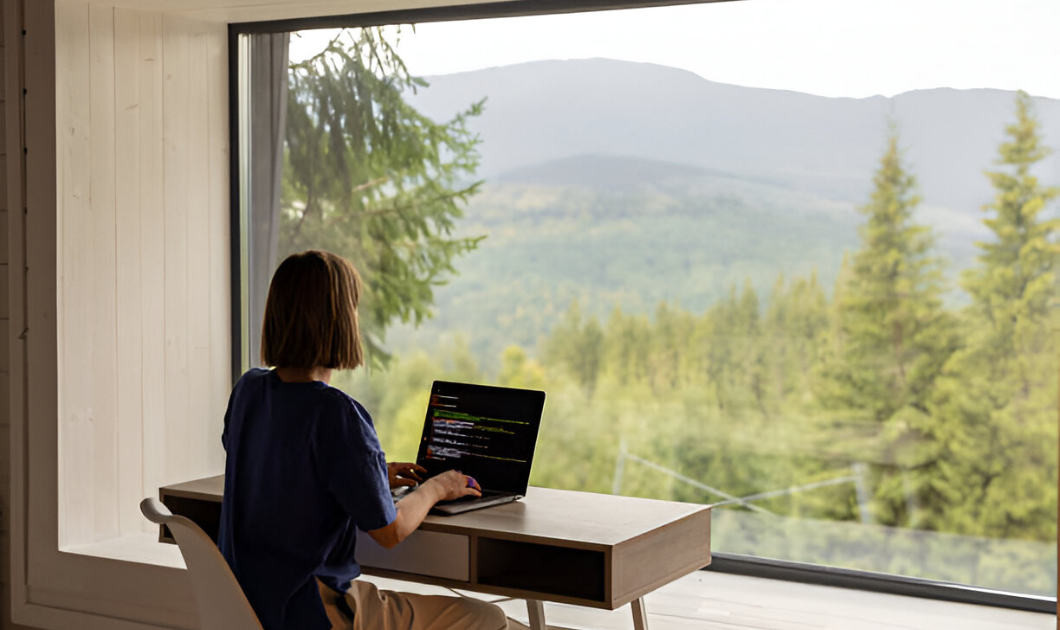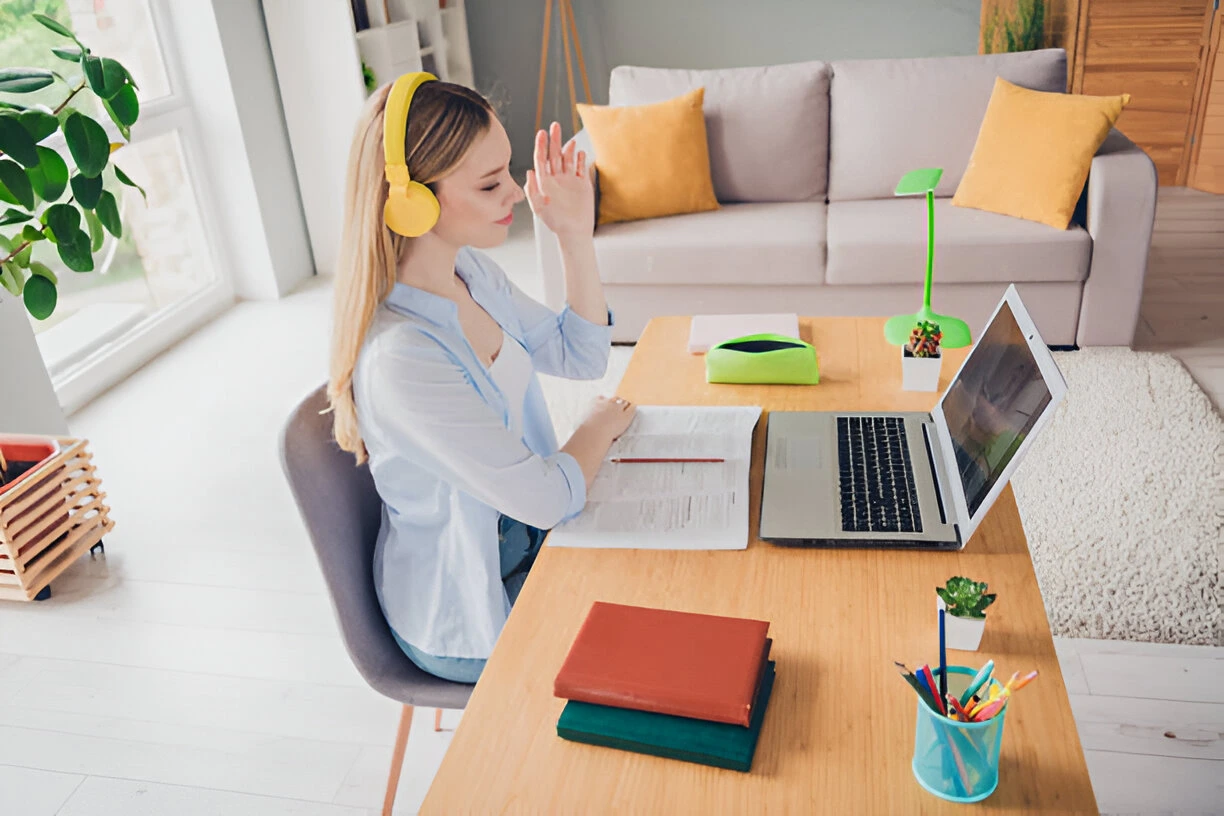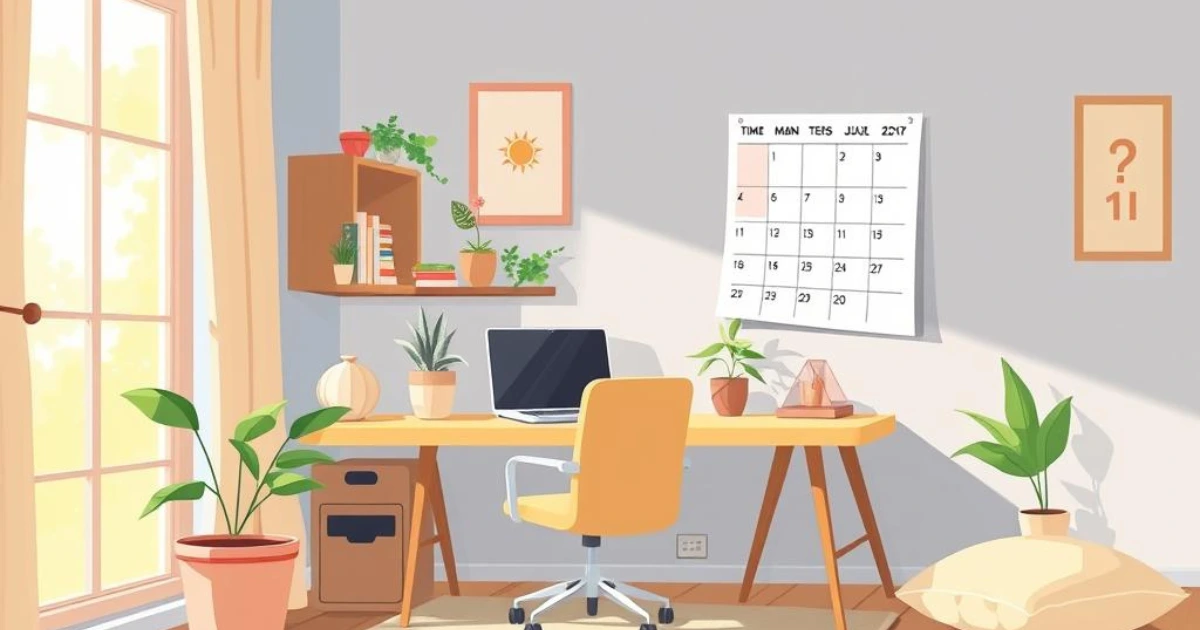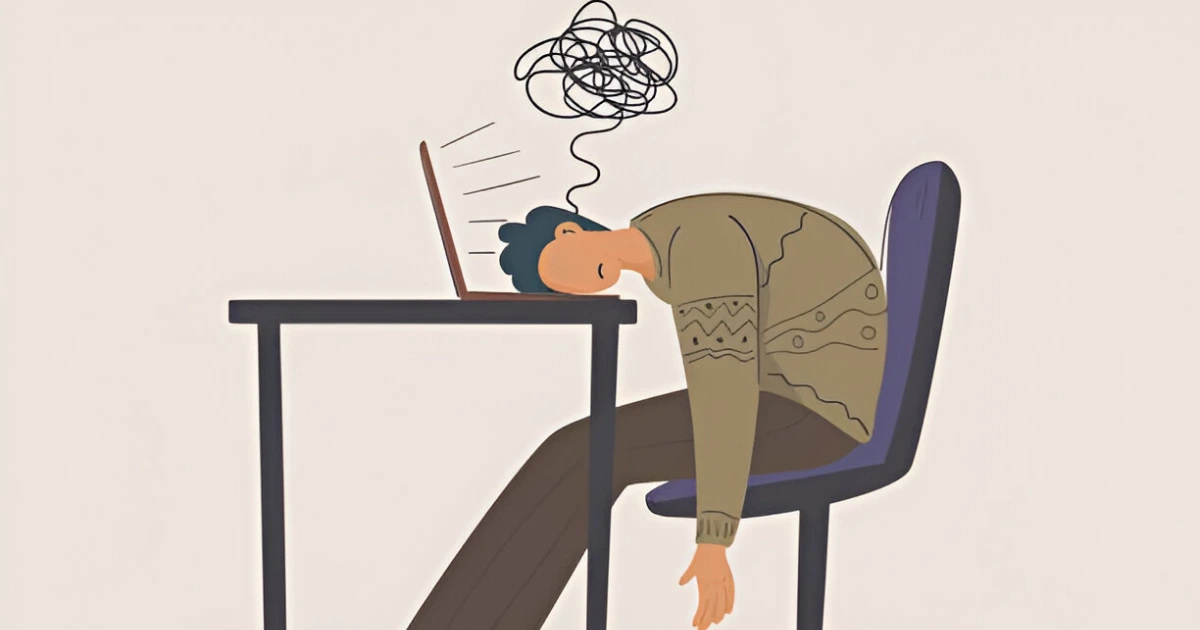The Ultimate Guide to Relaxing Your Mind After Work
Relaxing Your Mind After Work
After a long day at work, finding peace and unwinding may feel elusive. You rush through tasks, tackle challenges, and by the time you’re home, stress lingers. But relaxation isn’t just about feeling good—it’s about recharging for your future self. In this guide, you’ll discover practical and simple ways to relax your mind after work so you can reclaim your peace, energy, and productivity.
Table of Contents
Why It’s Important to Relax After Work
After spending hours solving problems or meeting deadlines, your mind needs time to decompress. Chronic stress from skipping relaxation can lead to fatigue, burnout, or even health concerns like headaches and insomnia. By learning to unwind effectively, you’ll gain:
- Mental clarity
- Better mood stability
- Enhanced productivity the following day
Proven Ways to Relax Your Mind After Work
1. Create an Evening Routine
Routines provide structure, helping the mind shift gears from “work” to “relaxation.”
Steps to Build a Relaxing Routine:
- Disconnect from Devices: Set boundaries to stop work-related emails or calls.
- Light a Scented Candle: Scents like lavender promote calm.
- Set a Consistent Sleep Schedule: Sleep restores your mind and regulates emotions.
2. Unplug and Reconnect with Nature
Spending even a few minutes outdoors lowers cortisol levels (the stress hormone).
relevant article: Disconnect to Reconnect: The Benefits of a Digital Detox
How to Do It:
- Take a walk after dinner.
- Sit in your yard or a nearby park to soak in fresh air.
- Practice grounding by walking barefoot on grass for a calming sensory experience.
3. Practice Deep Breathing or Meditation
Controlled breathing immediately soothes your nervous system, while meditation builds long-term mental resilience.
Easy Breathing Exercise:
- Inhale deeply through your nose for 4 seconds.
- Hold your breath for 4 seconds.
- Exhale slowly through your mouth for 8 seconds.
- Repeat for 5-10 minutes.
Tip: Download meditation apps like Calm or Headspace for guided support.
4. Engage in an Activity You Love
Rediscovering your hobbies can distract your mind and reintroduce joy.
Examples:
- Painting or drawing
- Reading a book
- Gardening
- Listening to music or podcasts
Benefits of Evening Relaxation (Table)
| Benefit | How It Helps |
| Reduced Stress Levels | Lowers cortisol, the stress hormone. |
| Improved Sleep Quality | Helps your body enter rest mode faster. |
| Enhanced Mental Clarity | Clears lingering thoughts from work. |
| Boosted Emotional Resilience | Helps process emotions healthily. |
Common Barriers to Relaxation
You might wonder: Why is it still hard to relax? Common reasons include:
- Lack of Time: Even short breaks (10–15 minutes) can help!
- Overthinking Work Tasks: Transition your focus with intentional activities like journaling.
- Digital Overload: Blue light from screens impacts your ability to relax.
FAQ Section
Q1: How can I relax my mind after a stressful day at work?
A: Start with deep breathing exercises, followed by an engaging hobby or calming activity like yoga.
Q2: Why is unwinding after work essential?
A: It reduces stress, promotes better sleep, and helps improve focus and energy for the next day.
Q3: What are the best activities to unwind after work?
A: Spending time in nature, practicing mindfulness, or engaging in hobbies are excellent ways to relax.
Q4: Can evening relaxation improve productivity?
A: Yes! Relaxation recharges your mind and body, preparing you for better productivity the next day.
The Path to a Calmer You
Relaxation is not a luxury; it’s essential for your mental health and overall well-being. By creating routines, trying mindfulness practices, and prioritizing activities you love, you’ll build a healthier lifestyle. Start small with one tip today, and notice how it transforms your evenings for the better.
Take Action: Start practicing these techniques tonight and experience how easily you can relax your mind after work!
Any other feedback or suggestions?
No Title
it’s essential for your mental health and overall well-being. By creating routines, trying mindfulness practices,


